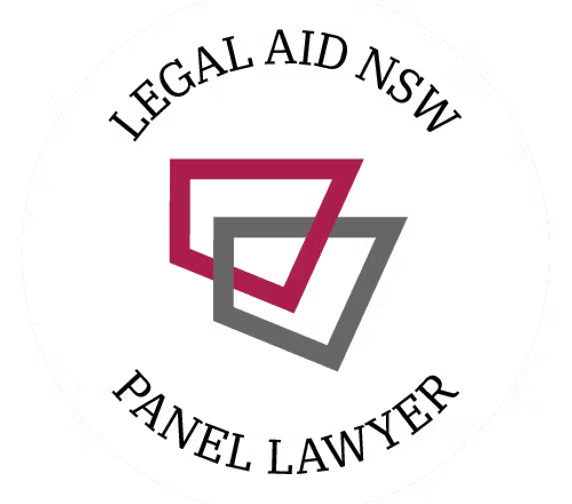What are Assault Offences?
Under Victorian law, an assault offence is generally defined as an intentional or reckless act that causes another person to apprehend immediate and unlawful violence. This definition underscores the importance of both the intent behind the act and its impact on the victim’s perception.
Different Categories of Assault Offences
Victorian law recognizes several categories of assault offences, each varying in severity and associated penalties:
- Common Assault: This is the most basic form of assault and typically involves minor injuries or threats. Penalties for common assault can include fines and imprisonment for up to 2 years.
- Assault Occasioning Actual Bodily Harm (ABH): When an assault results in physical injury, it may be classified under this category. The penalties are more severe than those for common assault, reflecting the tangible harm inflicted.
- Grievous Bodily Harm (GBH) or Wounding: These offences involve significant injury, such as broken bones or deep cuts. Convictions can lead to lengthy prison sentences due to the serious nature of the injuries caused.
- Aggravated Assault: Factors such as use of a weapon, committing the offence against a vulnerable person (e.g., a child or elderly individual), or during a home invasion can elevate an assault charge to aggravated status. This category attracts harsher penalties due to these aggravating circumstances.
Legal Consequences
Each category carries distinct legal consequences, emphasizing the critical need for precise legal advice. Understanding these distinctions assists individuals in navigating their legal situations effectively. Our team at EAS Legal is excellent at explaining the complicated legal jargon, ensuring that our clients are well-informed about their rights and potential outcomes.
Our expertise facilitates strategic planning tailored to each client’s unique circumstance, providing robust defence solutions that prioritize protecting your rights and securing your future. Additionally, we understand that some situations may involve persistently contravening a personal safety intervention order, which can have serious repercussions. In such cases, it’s essential to seek expert legal advice promptly.
Moreover, if your case leads you to court, whether it’s at the Melbourne Magistrates Court or the Sunshine Magistrates Court , our team will provide comprehensive support throughout the process.
Legal Process for Assault Charges
Understanding the legal process overview for assault offences is crucial for anyone facing such charges in Victoria. The journey through the legal system can be complex, making it essential to be well-informed from the outset.
Initial Steps After an Assault Charge
If you find yourself charged with an assault offence, acting promptly and strategically is fundamental:
Outline of the Court Process
Navigating the court process for assault cases involves several key stages, each critical in determining the outcome:
- Arraignment: This initial court appearance involves formally reading the charges against you. Here, you will enter a plea of guilty or not guilty.
- Bail Hearing: If applicable, a bail hearing may occur to determine if you will remain in custody or be released until trial.
- Pre-Trial Procedures: These steps include discovery, where both parties exchange evidence, and pre-trial conferences to discuss potential resolutions without proceeding to trial.
- Trial: Should your case go to trial, it will involve presenting evidence and arguments before a judge or jury. Your legal representation will play a pivotal role in advocating on your behalf.
- Verdict and Sentencing: If found guilty, sentencing will follow based on the severity of the offence and other factors presented during trial.
If you are considering a not guilty plea, it’s important to understand the five key stages involved in this process.
Possible Defenses against Assault Charges
Facing assault charges can be daunting, yet understanding potential defenses can significantly influence the outcome of your case. Common defenses against assault charges include:
1. Self-Defense
This defense is applicable when the accused has used reasonable force to protect themselves from an imminent threat. The law acknowledges the right to defend oneself if genuinely threatened, but the response must be proportionate to the threat faced.
2. Consent
In situations where all parties involved have agreed to certain actions, consent may serve as a viable defense. This is often relevant in cases involving physical contact during sports or recreational activities, where participants have implicitly consented to potential physical interactions.
These defenses must be meticulously tailored to fit the specifics of your case. A tailored defense strategy is essential, as it considers unique circumstances and nuances that could impact legal proceedings..
Long-Term Consequences of an Assault Conviction
A conviction for an assault offence carries profound and far-reaching implications.
1. Impact on Personal Life
2. Effects on Career Prospects
Many professions require background checks, where a criminal record can hinder employment opportunities or eligibility for professional licenses. Industries such as education, finance, and healthcare may impose strict policies against hiring individuals with assault convictions.
3. Stigma and Mental Health Challenges
The stigma associated with a criminal conviction can also affect social standing and mental health. At EAS Legal, our commitment is to mitigate these long-term consequences through strategic legal advocacy. We aim to protect your future, ensuring that your rights are upheld and your life’s trajectory remains intact despite the challenges posed by an assault charge.









